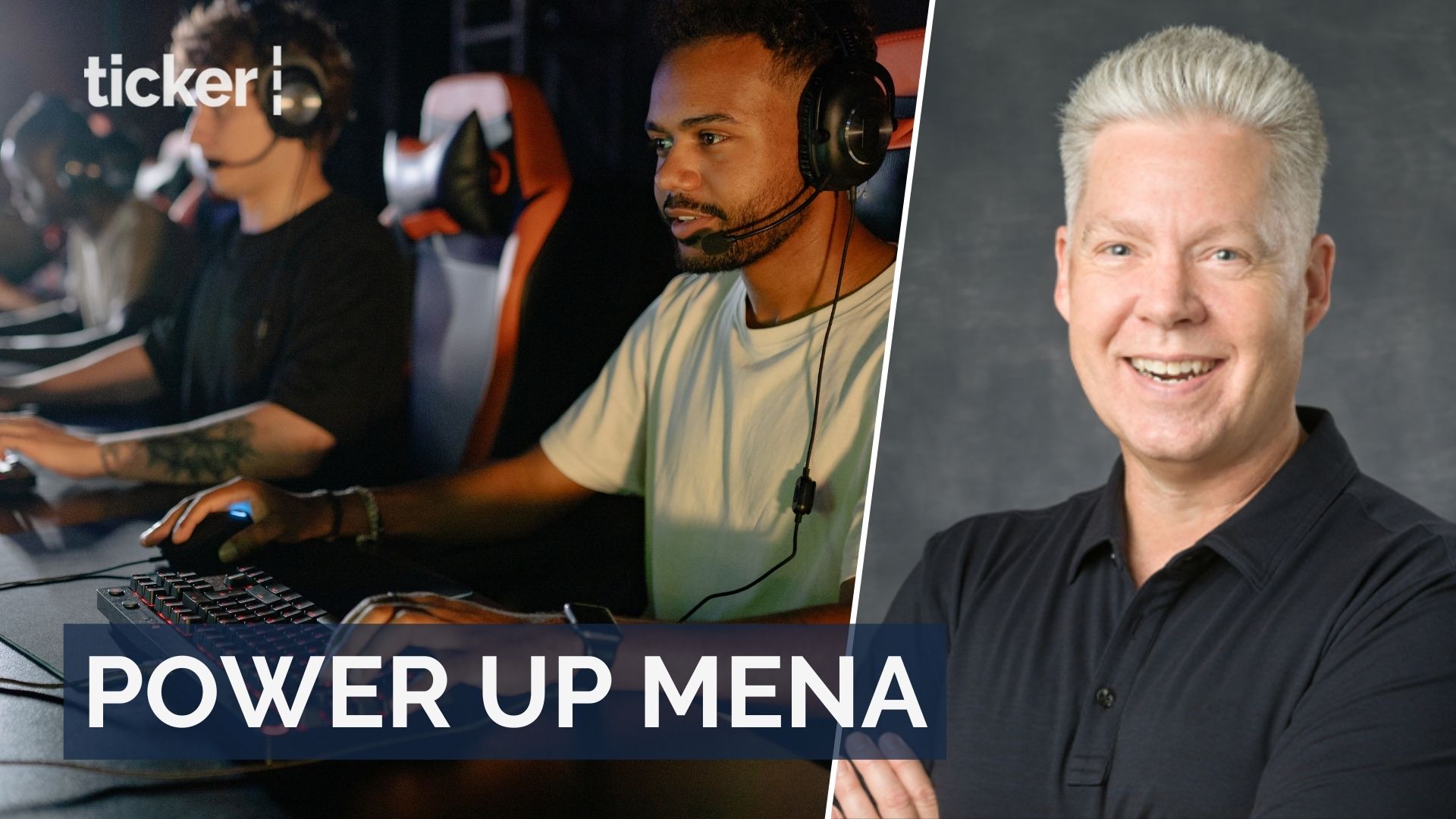Leaders
A new HR approach to growing businesses with Constance Aloe

Leaders
UAE and Saudi Arabia lead MENA’s gaming economy
UAE and Saudi Arabia drive gaming economy growth, positioning MENA as global industry leader, says Chris Hewish from Xsolla
Leaders
Understanding spikes versus sustainable growth in business
Raffy Sgroi discusses sustainable growth vs temporary spikes in business performance for lasting success and balance
Leaders
Why confident leadership is the missing link in safe AI adoption
Caroline Brewin highlights confidence’s vital role in leadership amid AI’s rise and its impact on organisational transformation
-



 News3 days ago
News3 days agoAndrew Mountbatten-Windsor released after 12-hour questioning
-



 Tech3 days ago
Tech3 days agoSam Altman predicts superintelligence could appear by 2028
-



 News3 days ago
News3 days agoUkraine Russia peace talks stall with no breakthrough
-



 Tech3 days ago
Tech3 days agoZuckerberg testifies on social media addiction and child safety
-



 Ticker Views4 days ago
Ticker Views4 days agoCan diplomacy survive the Iran-US nuclear standoff?
-



 Money4 days ago
Money4 days agoAustralian Dollar surges: What $0.70 means for markets
-



 Money2 days ago
Money2 days agoOil hits seven-month high, and gold surpasses $5,000 amid US-Iran tensions
-



 News4 days ago
News4 days agoIran and U.S. reach preliminary nuclear agreement in Geneva






